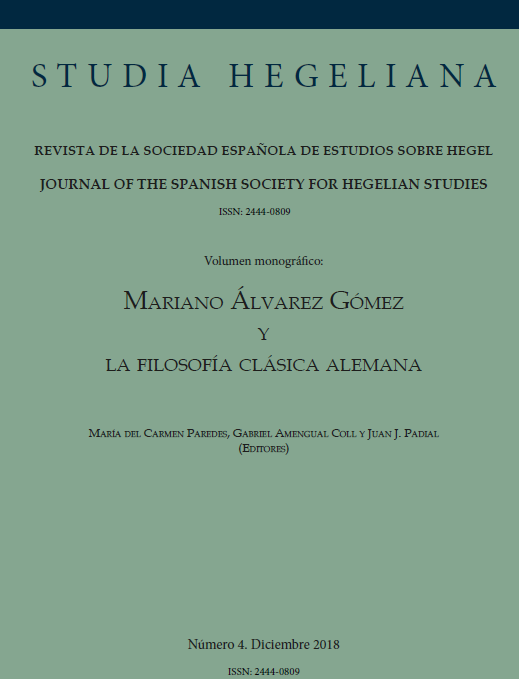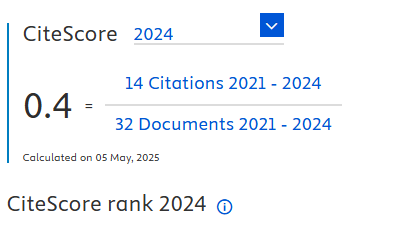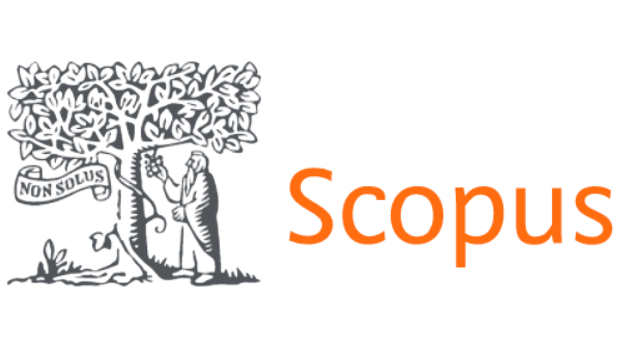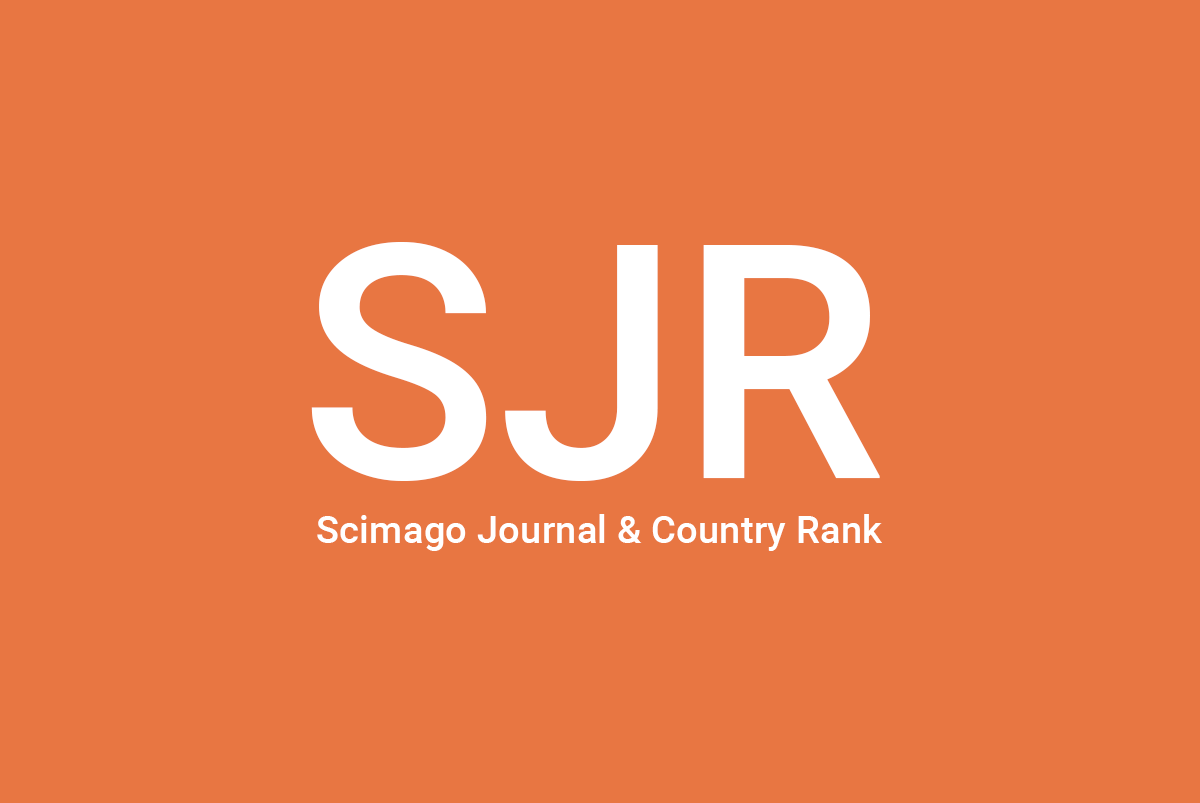The State as a political Goal in Hegel and Rousseau
DOI:
https://doi.org/10.24310/stheg.4.2018.11392Keywords:
HEGEL, JEAN-JACQUES ROUSSEAU, POLITICAL COMMUNITY, STATE, NATIONAbstract
This paper reviews some coincidences in the political philosophy of Hegel and Rousseau derived from the assumption by both philosophers that the objective of politics is the establishment of the State. Hegel and Rousseau consider that the nation is a necessary condition for the establishment of the State; in other words, the State requires the prior development of collective identity to fit the corresponding political community correctly. So, although from Hegel’s point of view the nation emerges from a historical process while, for Rousseau, it springs from the shared activities and experiences of a collective, both discuss a real-world process which pushes their theories to converge functionally despite of their initial conceptual differences.
Downloads
Metrics
Publication Facts
Reviewer profiles N/A
Author statements
Indexed in
-
—
- Academic society
- N/A
- Publisher
- Universidad de Málaga
References
L. Emery, «L’Émile et l’homme moderne» en Le Contrat Social, vol. VI, nº6,
1962.
G.W.F. Hegel, Diferencia entre los sistemas de filosofía de Fichte y Schelling,
trad. y ed. M.C. Paredes. Madrid: Tecnos, 1990.
G.W.F. Hegel, Principes de la philosophie du droit, trad. y ed. J.-L. Viellard-
Baron. París: GF Flammarion, 1999.
S. Houlgate, An introduction to Hegel. Londres: Wiley & Sons, 2006.
Ch. Montholon, Récits de la captivité de l’Empereur Napoléon à Sainte-Hélène
Volumen 1. Paris: Paulin, 1847.
J. Moreau, Rousseau y la fundamentación de la democracia, trad. Juan del
Agua. Madrid: Espasa-Calpe, 1977.
J. Neidleman, Rousseau’s Ethics of Truth. New York: Routledge, 2017.
A. Patten, Hegel’s idea of Freedom. Oxford: Oxford University Press, 1999.
I. Ramos, “Rousseau: la limite des sciences naturelles” en Rousseau e as Cie?ncias.
Lisboa: CFCUL, 2013.
J.-J. Rousseau, OEuvres complètes Tome III. Lonrai: Bibliothèque de la Pléiade,
2003.
R.R. Williams, Hegel’s Ethics of Recognition. Berkeley: University of California
Press, 1997.
Downloads
Published
How to Cite
Issue
Section
License

This work is licensed under a Creative Commons Attribution-NonCommercial-ShareAlike 4.0 International License.
This journal provides immediate free access to its content under the principle of making research freely available to the public. All contents published in Studia Hegeliana. Journal of the Spanish Society for Hegelian Studies, are subject to the Creative Commons Attribution-NonCommercial-ShareAlike 4.0 licence (specifically, CC-by-nc-sa), the full text of which can be found at <http://creativecommons.org/licenses/by-nc-sa/4.0>. Derivative works are therefore permitted as long as they are not used for commercial purposes. The original work may not be used for commercial purposes. The journal is not responsible for the opinions expressed by the authors of the works published in it.
It is the authors' responsibility to obtain the necessary permissions for images that are subject to copyright.
Authors whose contributions are accepted for publication in this journal retain the copyright. It is non-exclusive right to use their contributions for scholarly, research and educational purposes, including self-archiving or deposit in open access repositories of any kind.
Since volume 7 of 2021 the journal Studia Hegeliana has changed the copyright. Since that year the authors have retained the copyright.
The electronic edition of this journal is published by the Editorial de la Universidad de Málaga (UmaEditorial), being necessary to cite the source in any partial or total reproduction.







244.png)






















